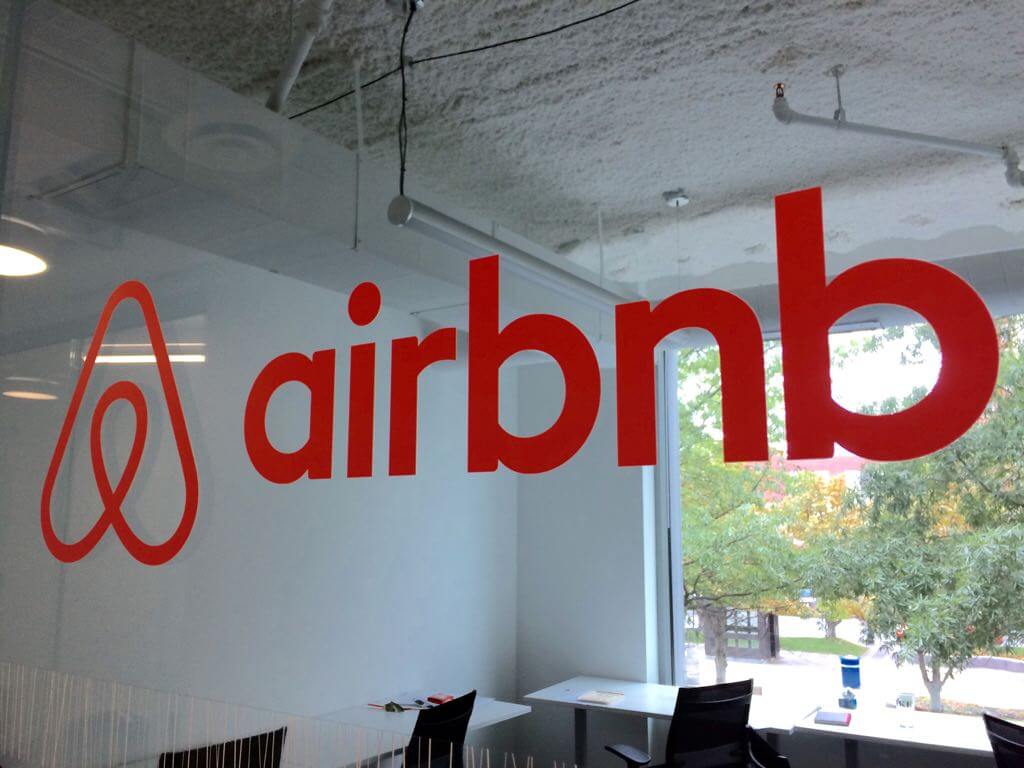There’s never a dull moment with Silicon Valley’s most prized unicorn. Airbnb made the national spotlight again, this time for the blatantly racist text message of one of its hosts.
Dyne Suh, a law student from California, tried to book a cabin through Airbnb and minutes after arriving, the host canceled the reservation. “One word says it all. Asian” was the explanation given for the cancellation, which left Suh’s group stranded in a snow storm near Big Bear. Airbnb promptly banned the host and issued a strongly-worded statement condemning the behavior.
For their racial bias, the ex-host will now pay $5,000 and go back to school. They are required to take a college-level Asian American studies course, volunteer at a civil rights organization and participate in a community education panel.
“This is a development in restorative justice, which means that people can make mistakes, people can do bad things, but they’re not irredeemable”
~ Jon Ichinaga, chief counsel of the Department of Fair Employment and Housing
For more background on the story, visit this CNN Article.
While the educational component of the ex-host’s penalty is unprecedented, this is not the first time racial discrimination by Airbnb hosts has been under fire. Watch this video from CBS This Morning which chronicled the endemic problem and Airbnb’s efforts to address the issue head-on in a “zero tolerance” policy.
The most recent story of Dyne Suh’s harrowing experience has some shock value because the offensive statement was so blatant for the world to see, but at Bornstein Law, we must warn Bay Area property owners that 99.9% of housing discrimination lawsuits are due to less obvious forms of discrimination. You do not have to make overt racial slurs in order to be in trouble, folks.
In fact, housing discrimination comes in many unsuspecting, less clear-cut forms. For example, in an earlier post, we explained that landlords and property managers must exercise caution in using criminal background screening when selecting tenants. We’ve also pointed out that service animals are not considered pets and so denying housing to a visually impaired person because they have a service dog, for example, can give rise to a discrimination action.
Under California law, a landlord cannot refuse to rent to a tenant, or engage in any other type of discrimination, on the basis of group characteristics specified by law that are not closely related to the landlord’s business needs. Race and religion are examples of “group characteristics”, but it doesn’t end there. Ancestry, childbirth, sexual orientation, marital status, source of income, disability or medical conditions are some of the many dizzying factors that landlords need to consider.
You do not need an attorney to tell you it’s not ok to send a racist text message to a would-be tenant, but for other nuanced areas, Bornstein Law can help you understand the rules and regulations related to housing discrimination.
More than ever, the law supports strict enforcement of any actions that suggest discriminatory intent with real estate activity, making it imperative for property owners to take notice. Stay tuned for future posts that address these and many other weighty issues affecting Bay Area landlords today, or subscribe to get the latest updates delivered to your inbox.




